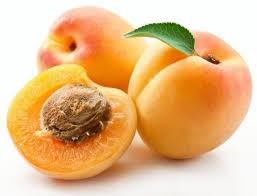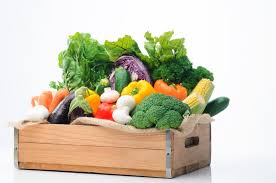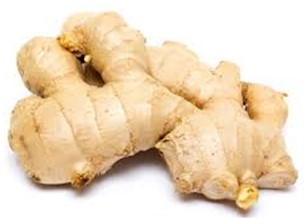APPRECIATING APRICOTS
Timing is everything in life. If it is too early, the moment is not right; if it is too late, we missed the train. There is nothing better than the organic apricot to illustrate this point. Bite into an immature apricot and you will shudder and regret the moment. Wait too long and, in a flash, the season is over.
The apricot, as its name implies, is early to ripen (the Latin name is praecoquus which refers to its meteoric maturation: prae – meaning early and coquere – meaning to mature). Of course, it is also the father of the Arab proverb that talks about an event that will take place later – "Bukra Fil Mishmish". However, no one can miss the apricot season because of the delicious fragrant scent it spreads around. After we have waited and looked forward to its arrival, we must enjoy every moment that they are here.

In my view, the organic apricot is also a symbol of simplicity, or as it is called today, the mindfulness of the moment. It is a small tart and sweet fruit that, after being eaten, leaves us only the gogo. Remember gogos? They were the ultimate toys before they were replaced with pugim, bleblades and smartphones, approximately in that order. Its pinkish whitish blossom hints that it is a relative of the peach and the nectarine, as does the shape of its leaves. The fruit itself is timid and friendly, yellowish or orange, sometimes with red blushes on one of its cheeks. The "baladi" species is the one more prone to blush, while its brother is called "Ra'anana". Other species rarely grow in Israel because they yield too few fruits, or very small fruit.
The organic apricot, as well as the nectarine and peach, originated in China, where it has grown for many years mainly in the border area with Russia. From there it slowly wandered through Central Asia to the rest of the continent, and from there hitched a ride to Europe with the Romans, roughly in the last century BC. From Europe it again joined the adventurers and the new world settlers who left England for the United States to look for some quiet from the oppressive Royals (from now on, think of tea parties with apricots). It is interesting that the Chinese see the apricot as a symbol of cowardliness, while the British believe that a dream about apricots is a good sign. Today the world's largest producer and exporter of apricots (fresh and dried) is Turkey, and also in Israel it is grown happily, as it enjoys the Mediterranean climate.
Apricot is wonderful for those who want to feel good on the inside and look good on the outside. Because they contain lots of vitamin C, beta-carotene and antioxidants, our immune system is very happy to receive it. It is also rich in vitamin A which is good for our vision. Our skin also benefits because an effective natural peeling cream is made from the pits of the organic apricot. The pits are ground up and the fine grains remove the dead cells from the outer layer of our skin. It is unlikely that that your home blender can do this, but you can often find this cream in cosmetic stores, and you can certainly order it from cosmetic materials manufacturers.

What else can we do with all this abundance of fruit that has landed on us for such a limited time? There is no end to it. Add them to salads, make smoothies with yogurt and cocoa chips, bake cakes and tarts and, of course, all fruits can be dried and jellied, which lets you enjoy them even during the cold winter days.
How about fruit compote? There is nothing as delicious and refreshing as compote. During these hot days there is no need to stand in the kitchen in front of the stove. Instead, let the sun do what it does best. To make a compote, simply place ripe apricots in a transparent glass bowl with sugar, in the amount of half the fruit, and cover it with a plate. Stir it occasionally for two days. If you have the will power to not taste and finish it by then you will have a bowl of compote. You can also make jam in the same way, with only a bit more sugar on the apricots (for jam, boiling the apricots with the sugar before putting all this in the sun will speed up the process). It is best to leave a small crack for the air to enter, and so that the ants don’t accompany that air, place the bowl on a stool with its legs protected by a moats in the shape of a bowl filled with water.
From just writing about this, I can already taste the sweetness in my mouth and my fingers feel sticky J
To health!
Yours,
Maggie and the garden team
Our organic vegetable baskets are expected (draft only):
Leeks
Green onions
Swiss Chard
Fakus (Baladi Cucumber)
Tomatoes
Zucchinis
Potatoes
parsley
lettuce
Japanese pumpkin
And beets
In the large organic vegetable baskets, also:
coriander
Kale
cabbage
And carrots
Organic fruit baskets:
Bananas
Melon
Oranges
In the large organic fruit baskets, also:
Another Melon
More bananas









